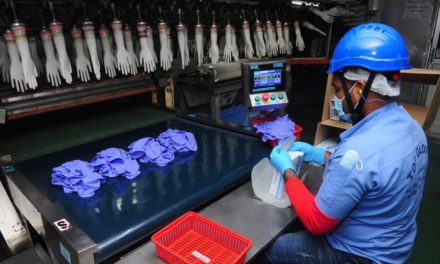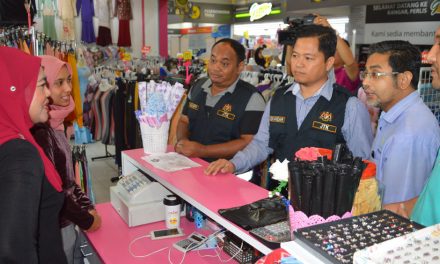KUALA LUMPUR | Malaysia’s unemployment rate fell to 4.7% in the third quarter ended Sept 30 from 5.1% in the second quarter as the education sector and related industries reopened, the Statistics Department said.
Chief statistician Datuk Seri Mohd Uzir Mahidin said Malaysia entered the phase of Recovery Movement Control Order (RMCO) since June 10, most of the economic sectors had gradually resumed albeit compliance to standard operating procedures.
“The improvement was due to the reopening of the sectors and coupled with increased of tourism related activities as interstate travel was allowed. This has resulted in a better labour market situation for the quarter as compared to the second quarter of 2020, ” he said in a statement.
Uzir said in Q3, employed persons rose by 1.4% to 15.10 million, mostly in services, manufacturing and construction sectors.
Total jobs in the private sector which comprised of filled jobs and vacancies, improved by 88,000 in Q3 compared with 8.47 million jobs.
Vacancies rose by 9,800 to record 179,000 despite challenging economic conditions, with the vacancies rate of 2.1% (2Q 2020: 2%).
Additionally, the number of jobs created also increased by 7,300 as against the previous quarter to 21,000 jobs, with more than half of jobs created were in semi-skilled category.
Uzir also said that in the third quarter, labour productivity per employment fell by 2.2% to RM23,248 per person, as Malaysia’s economy recovered with a smaller decline of 2.7% while employment decreased by 0.4%.
Labour productivity per hour worked increased marginally by 0.1% to RM41 per hour, as the total number of hours worked dropped 2.7% to 8.55 billion hours worked.
Commenting on the labour market condition in the upcoming months, he said towards the end of September, the new cases of Covid-19 began to rise significantly resulting in the third and the biggest wave since October.
“Thus, the labour market may continue to face challenges in regaining its momentum.
“The predicaments are being mitigated through the government’s pre-emptive actions of introducing a comprehensive stimulus packages in protecting the most vulnerable group, guarantying jobs retention and creation as well as supporting the small, medium and micro enterprises.
“In this regards, the extension of the wage subsidy programme until December 2020 may offer some relieve for firms as they gradually resume operation while also protecting their employees from losing jobs, ” he said.









